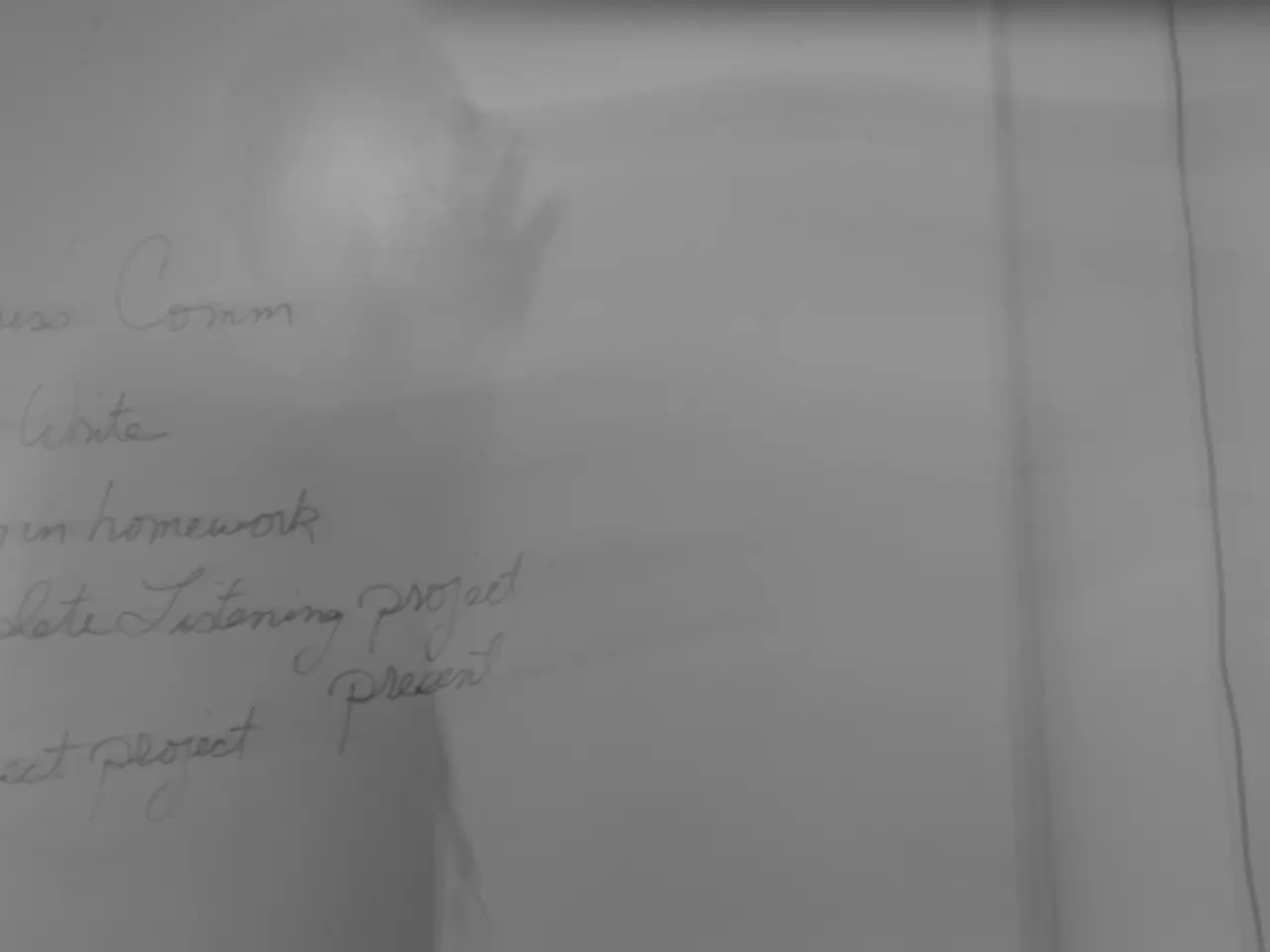Overindulgence in Writing Sessions: The Reality of Binge Writing Falls Short of Ideals
The practice of binge writing - intense, prolonged sessions of writing often following periods of procrastination or inactivity - has been a popular approach for many writers. However, recent insights suggest that this method may pose more risks to productivity, mental health, and creative ideas if not managed effectively.
- Productivity
Binge writing is often a result of delayed writing due to procrastination or being "stuck." While it may lead to bursts of output, this approach tends to increase overall stress and can reduce consistent productivity over time. The pressure and fatigue caused by pushing oneself to write intensely in short periods can diminish one’s capacity to engage in deep, sustained work later. Establishing steady writing habits is generally more effective for productivity than last-minute binges.
- Mental Health
Extended binge periods of any demanding cognitive task, like writing, can elevate stress and anxiety. The frustration and self-blame from procrastination followed by intense writing sessions may negatively impact mental well-being. Stress from workload and feelings of losing control can reduce one’s capacity for focused work. Parallels can be drawn from binge behaviors in other contexts, such as binge eating, showing how cycles of bingeing and compensatory behavior can worsen mental and physical health long-term if unmanaged.
- Creative Ideas
Creativity tends to suffer when writing is rushed or forced during binge sessions because this approach often lacks the reflective, exploratory phases essential for generating original ideas. Binge writing reduces one’s ability to think deeply or experiment with ideas, thus diminishing the quality and novelty of creative output. More balanced, spaced work allows time for incubation of ideas, which is crucial for creativity.
In summary, binge writing may temporarily produce work but is likely to reduce long-term productivity, increase stress and negative mental health outcomes, and limit the development of creative ideas if it becomes a habitual strategy. More sustainable productivity and creativity come from consistent, manageable writing practices and addressing underlying causes of procrastination and stress.
While research on "binge writing" specifically is limited, these conclusions align with evidence on work stress, procrastination effects, and binge behaviors in other domains. If you're struggling with binge writing and would like strategies to promote healthier writing habits, feel free to ask!
- Education-and-self-development and personal-growth: Establishing effective writing habits through regular and consistent practice can lead to long-term improvement in productivity, creativity, and overall personal growth.
- Script and writing: In the realm of writing, binge writing might result in producing work in the short term, but it is less effective for ensuring high-quality output and hinders the development of creative ideas over time because it negates exploratory phases.
- Act: To improve work efficiency and mental health, avoid relying on binge writing as a method and instead engage in steady and thoughtful writing routines, giving yourself opportunities foridea incubation and optimal growth of creative output.




